
Foods High in CoQ10: Top 8 CoQ10 Rich Foods
CoQ10 and Your Diet
Foods high in Co10 are generally considered to be those providing rich enough CoQ10 to support most of your daily recommended intake through your diet.
There isn’t a typically recommend daily dietary intake of CoQ10. However, the recommended CoQ10 intake for those low in CoQ10 is about 400mg or as medically advised.
On average people eat about 4 mg of Coenzyme Q10 per day, showing a bit of a difference to medical supplement advice. Supplementation has been shown to increase blood CoQ10 levels.
Not all your daily CoQ10 intake is absorbed. About 5% of CoQ10 eaten in your food is thought to enter the bloodstream after fat binding and absorption in the gut. If you go slightly above this it would not be a concern in most cases for your CoQ10 rich diet.
CoQ10 is a fat-soluble molecule made regularly by the body, so CoQ10 rich foods should be eaten with a healthy amount of dietary fats. While you produce about 75% of the Coq10 that you use in your body, 25% comes directly from your diet. This should be considered when designing your diet with foods high and rich in CoQ10.
Global CoQ10 deficiency is not as well understood as vitamin D deficiency, for example, however genetic and environmental aspects have a role in Q10 deficiency. Here we cover the top 8 CoQ10 rich foods to support and boost your internal CoQ10 reserves.
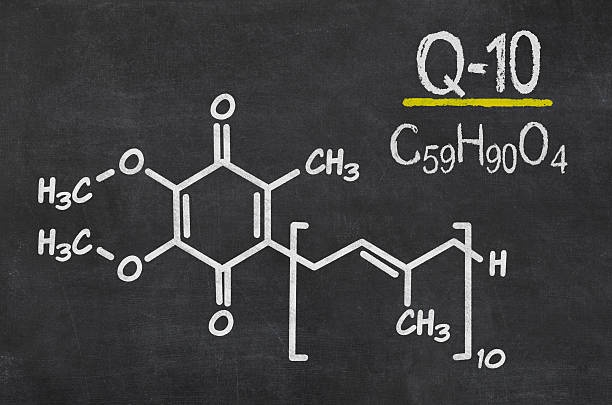
Foods high in CoQ10: What is CoQ10?
We have covered some of the potential benefits of Coq10 supplementation here. CoQ10 is a nutrient with antioxidant properties, that supports with normal energy balance and production.
CoQ10, or coenzyme Q10, supports your mitochondria with their day-to-day activities. This nutrient is extremely important to maintaining the long-term health of your mitochondria. So eating foods high in CoQ10 can help with preventing fatigue.
The energy production within mitochondria produces sparks of harmful molecules, called free radicals, in addition to the energy molecules needed for life. CoQ10 has the job of identifying and removing these harmful molecules.
Coenzyme Q10, also known as ubiquinone in the active form. It converts from ubiquinone to ubiquinol after interacting with harmfully energetic molecules.
Ubiquinol then cycles round in the body as it is made back into, ubiquinone, the radical hungry and active CoQ10 from. This process is continual in the body and essential for Q10 to function as an antioxidant, in support of normal energy production.
Vitamin Q: CoQ10 Bodily Functions
Q10 has been dubbed as an independent vitamin called vitamin Q, with implications in cancer prevention. Coenzyme Q10 helps the more dominant antioxidants in the body like vitamins C and E in mitochondrial membranes.
Levels of CoQ10 decline as we age too, which is why adapting our diets for more nutrient rich ones is essential as we age.
For these reasons maintaining a diet including food sources that are rich in CoQ10 is essential to your mitochondrial health. If you’re looking to revitalise your health, CoQ10 is a great place to start.
Heart health and CoQ10 also seem to be interlinked with CoQ10 having some potential to support healthy heart function. CoQ10 looks like it works in conjunction with antioxidants such as selenium in the heart too.
Maintaining CoQ10 levels through a diet rich CoQ10 might be able to support normal brain functioning too. This antioxidant seems to have some protective effects on brain aging, helping with brain specific diseases and nerve cell protection.
CoQ10 is found in high quantities in many different foods and food sources. This is quite an easy nutrient to boost in your diet.
While we can’t say that boosting CoQ10 levels, through a richer diet of CoQ10, will instantly produce some results, studies show Coenzyme Q10 could help with restoring a normal energy balance if you feel fatigued.
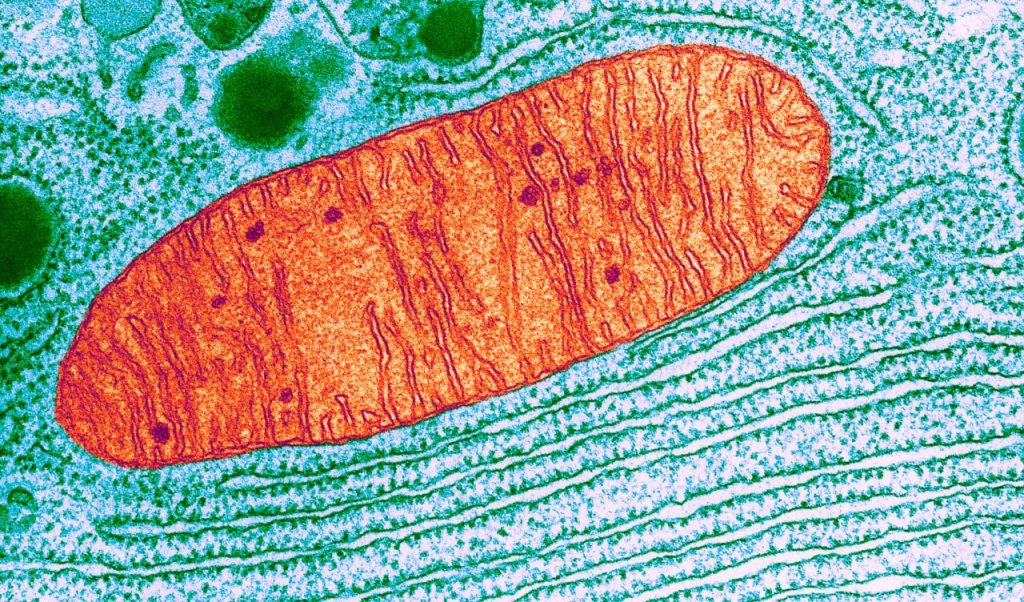
Foods High in CoQ10: Our Top 8 Food Sources of CoQ10
Eggs
For most people eggs are a staple food that is eaten every week, so it is good to know what you get with keeping this food in your diet. Eggs contain 0.2mg of Coq10 per 100g of eggs or per 2 eggs.
You can also include an egg-based meal in your diet a week, including foods like frittatas and omelettes that integrate other nutrient rich foods like tomatoes, mushrooms, feta cheese or spinach.
This food is so easy to include in your CoQ10 rich diet.
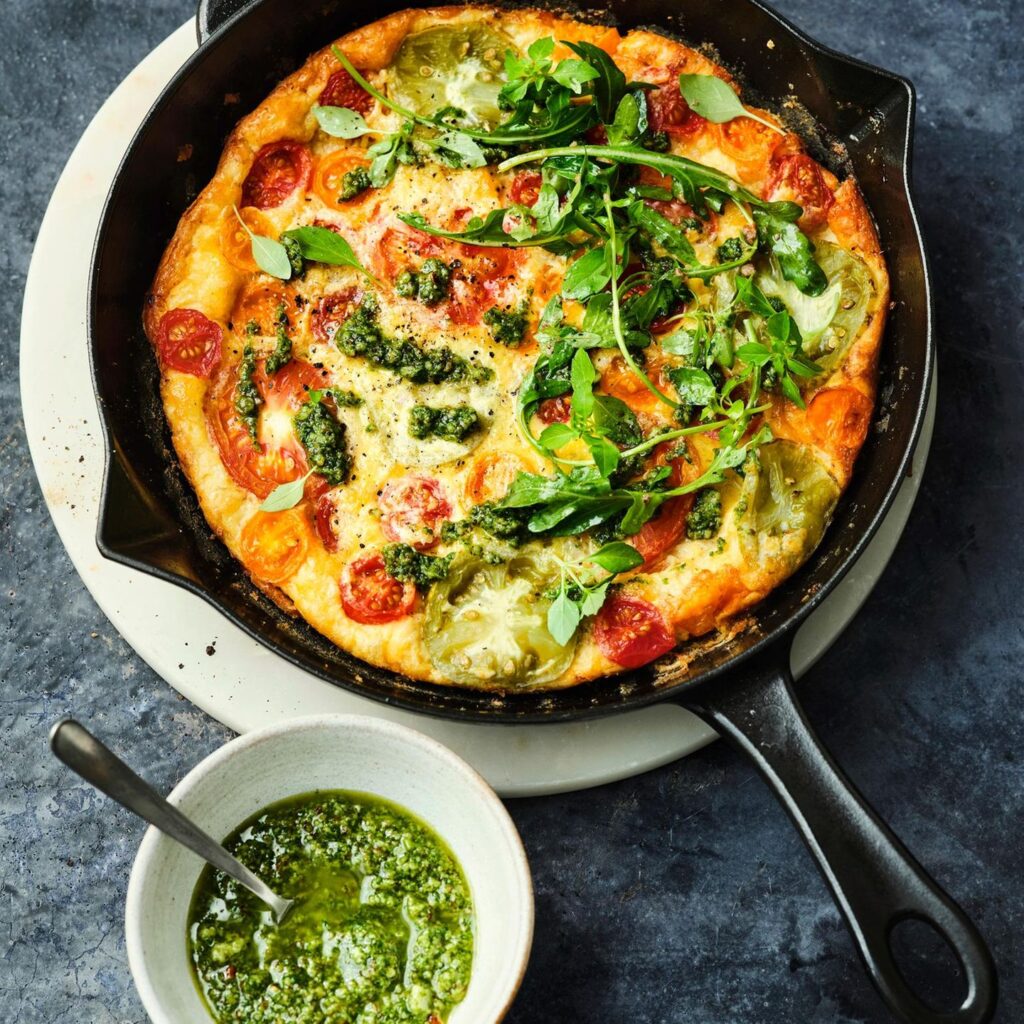
Beef
Beef is also a staple food worldwide. This is no surprise, being a B-complex vitamin and protein powerhouse food. Pan cooked beef contains 3mg of CoQ10 per 100g of beef.
This is nearly the amount of CoQ10 most people consume in one day and makes a nice inclusion in your CoQ10 rich diet. Beef is an expensive food, if you are happy with a lower cut of meat though you can find beef easier to include.
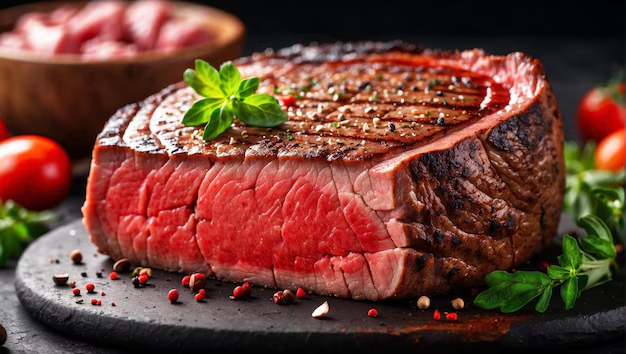
Chicken
Chicken is the most staple meat available worldwide. Pan cooked chicken contains 1.65mg of CoQ10 per 100g.
A source of many different amino acids, chicken also provides a decent serving of CoQ10 comparable to the other meats. Chicken is also cheaper in most cases, allowing you to have more of this CoQ10 rich food than with other meats.
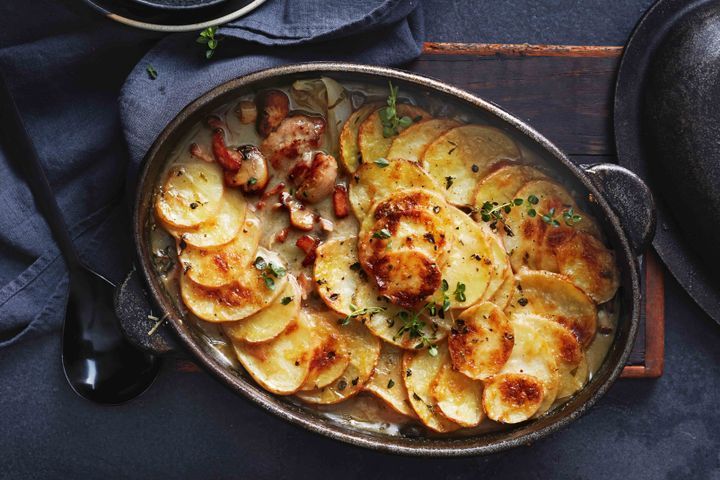
Fish
Fish is often synonymous with brain food and for CoQ10, there is not a bad amount per gram either. For example, Herring contains 2.7mg of Coq10 per 100g of fish, while cooked Rainbow Trout contains 1.06mg of Coq10 per 100g of fish.
Fish is easy to cook and can offer some brain supporting nutrients, including high levels of CoQ10.
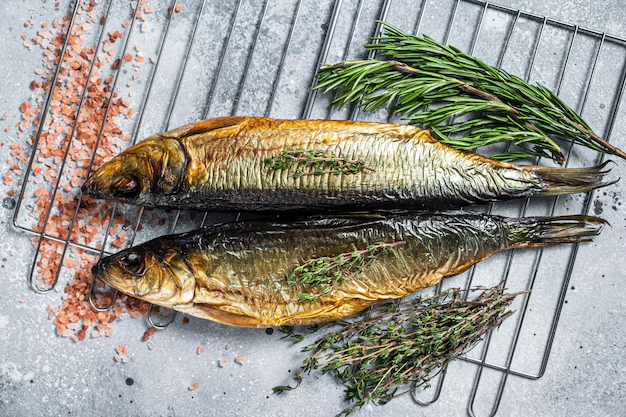
Oils
We covered cooking oils vs butter previously, but what about some of the health benefits of raw oils. Olive oil seems to pack a punch in terms of CoQ10 quantity, having very high levels of this antioxidant. On average, 100g of raw olive oil contains 8.2mg of CoQ10.
Extra virgin olive oil is thought to be the healthiest of all the olive oils and can be used generously on salads or as a finishing flavouring on some main dishes like barbecued fish.
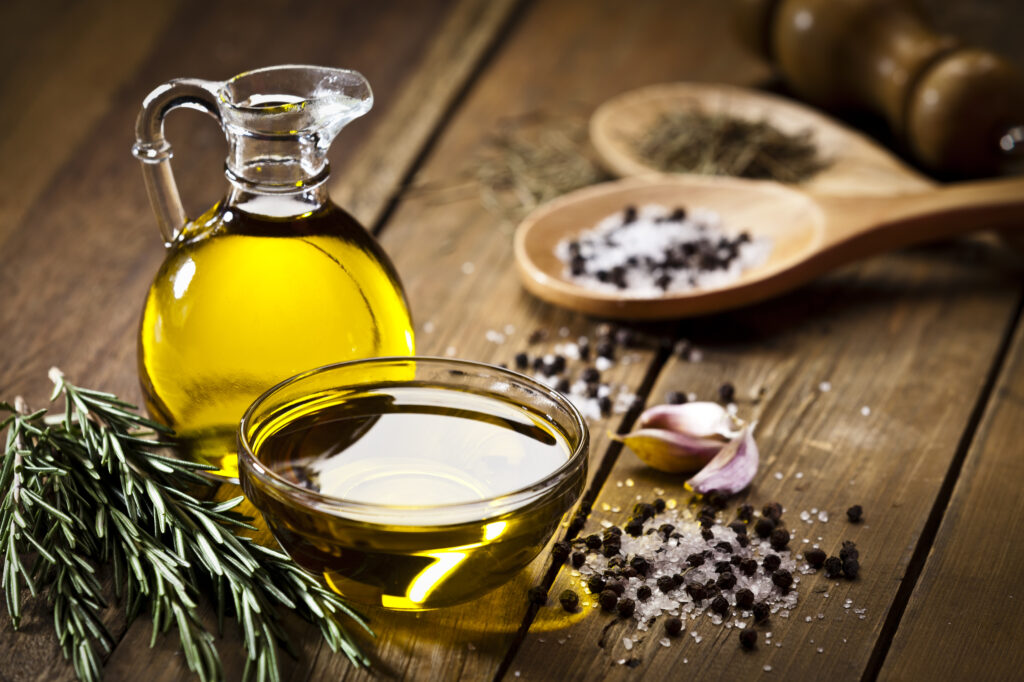
Nuts
Nuts are one of the best food sources available to vegans. With most nuts, their protein and energy densities rival many meats. The antioxidant, Vitamin E, is found in large quantities in nuts too. This is very high supportive for including this food in your CoQ10 rich diet.
Nuts are naturally competitive as a source of CoQ10 in your diet. Peanuts contain 2.8mg of Coq10 per 100g of nuts. While their related nuts, pistachios, contain 2.17mg of Coq10 per 100g of nuts.
These are not bad numbers to consider and there are many dishes you can make that are nut based too, such as one of my favourite spicy Thai curries.
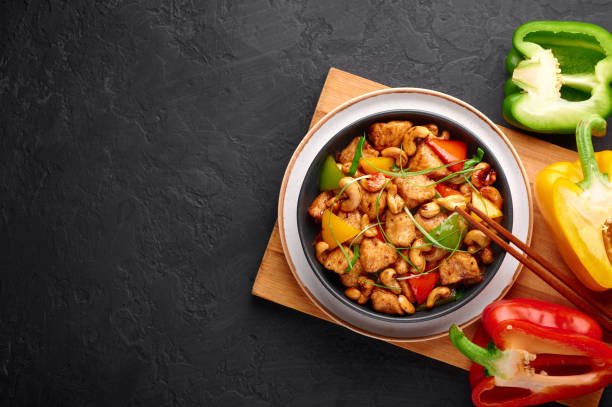
Conclusion
Coenzyme Q10 plays a fundamental role as an antioxidant throughout the body and has effects very specific to the mitochondria where it also supports healthy energy balance.
Here we’ve covered 8 foods that are highest in CoQ10 to support your daily activities. The highest foods for CoQ10 absorption seem to be olive oils, fish and beef. These CoQ10 rich foods are all really easy to include in your weekly or monthly diet plans.
Bearing in mind the 25% surplus in CoQ10 that your body demands, if you eat enough of these foods you should be on your way to supporting a healthy CoQ10 balance in your body.





